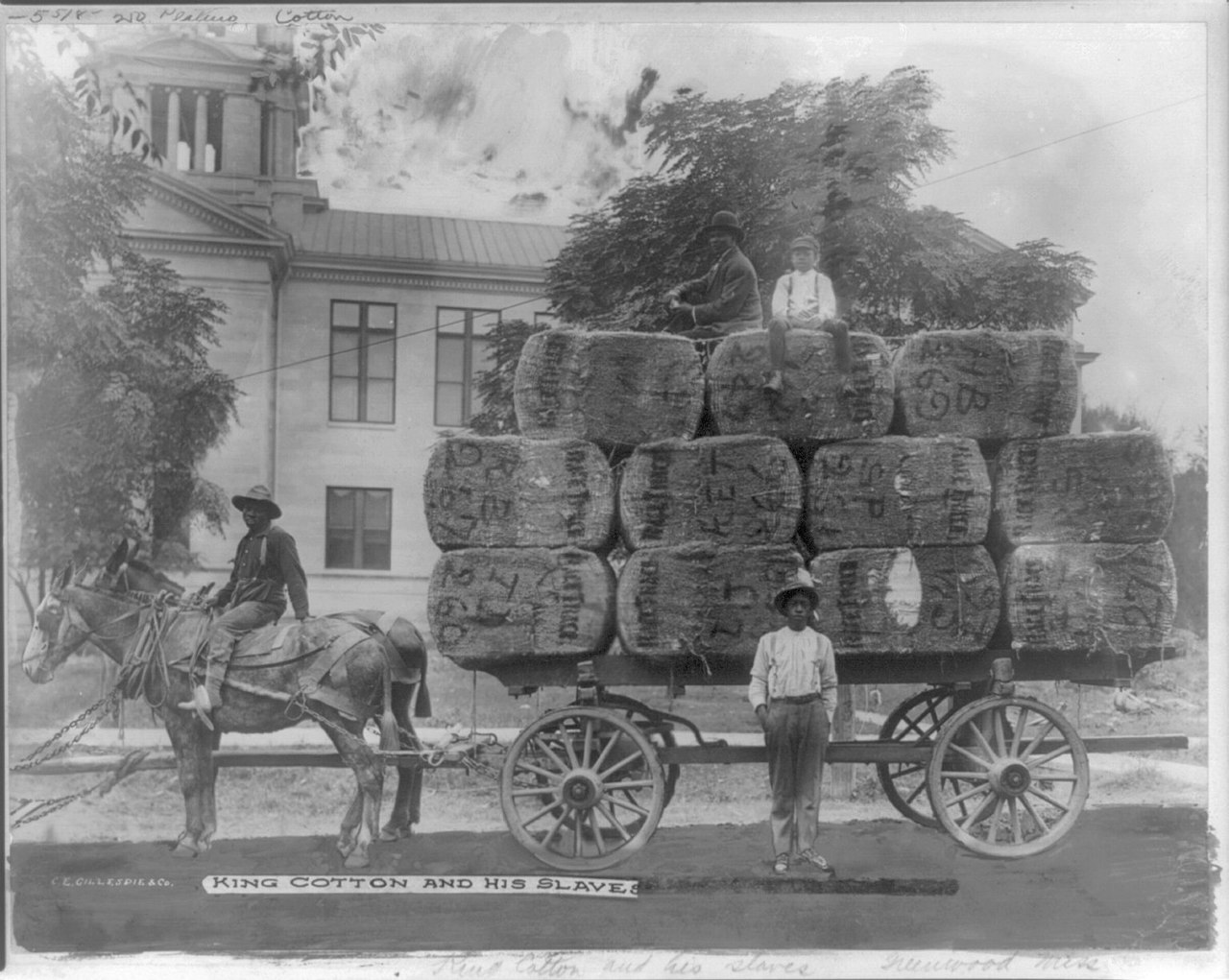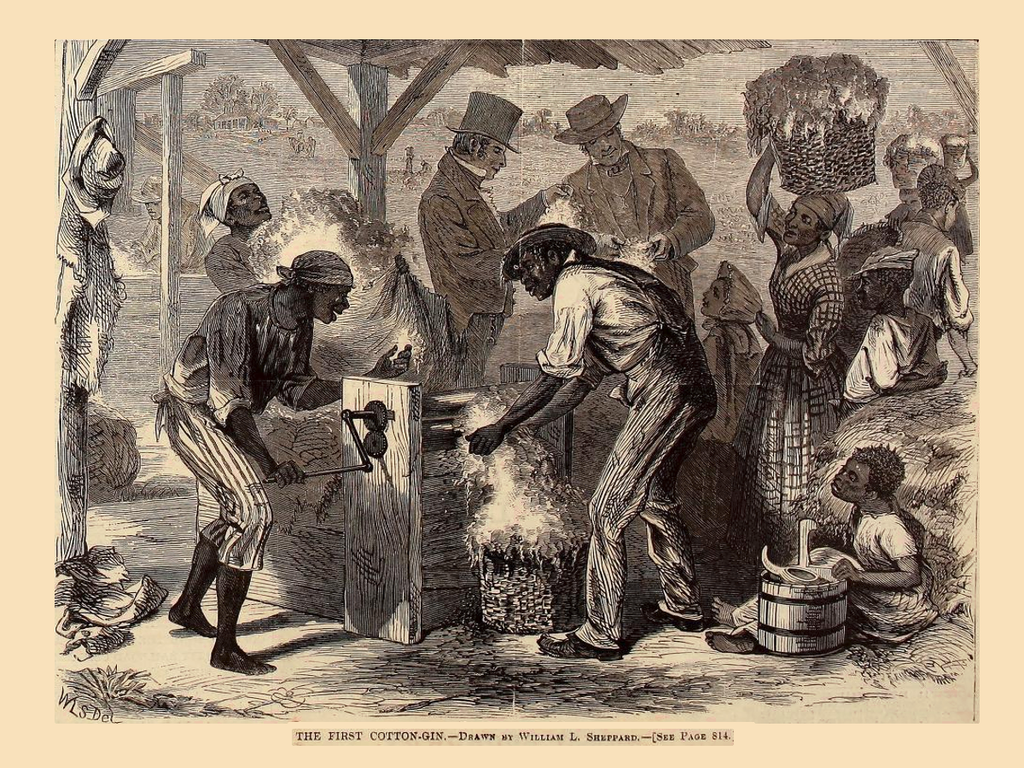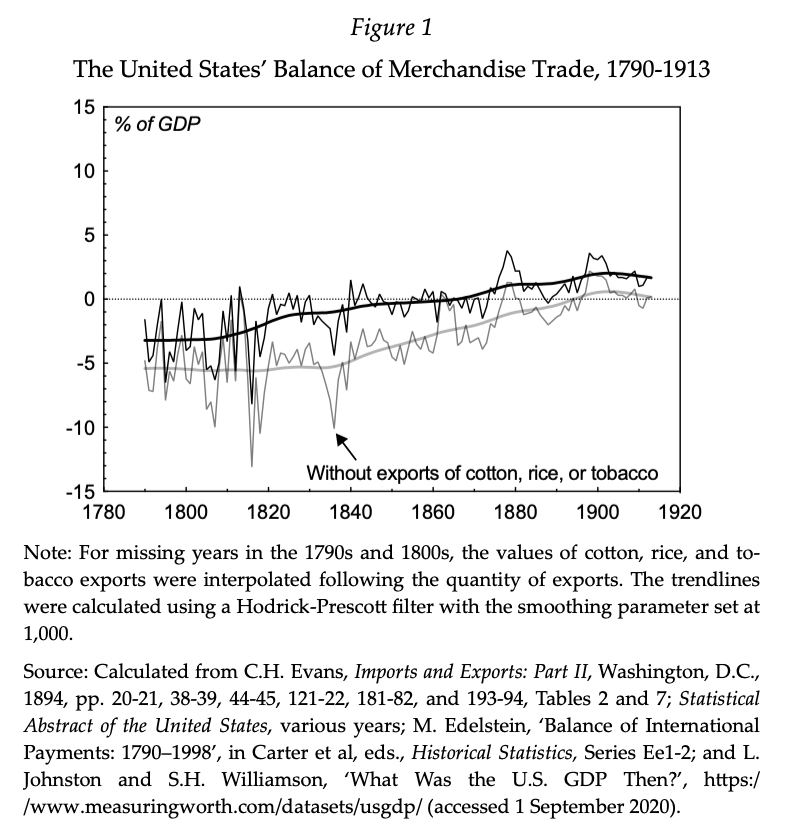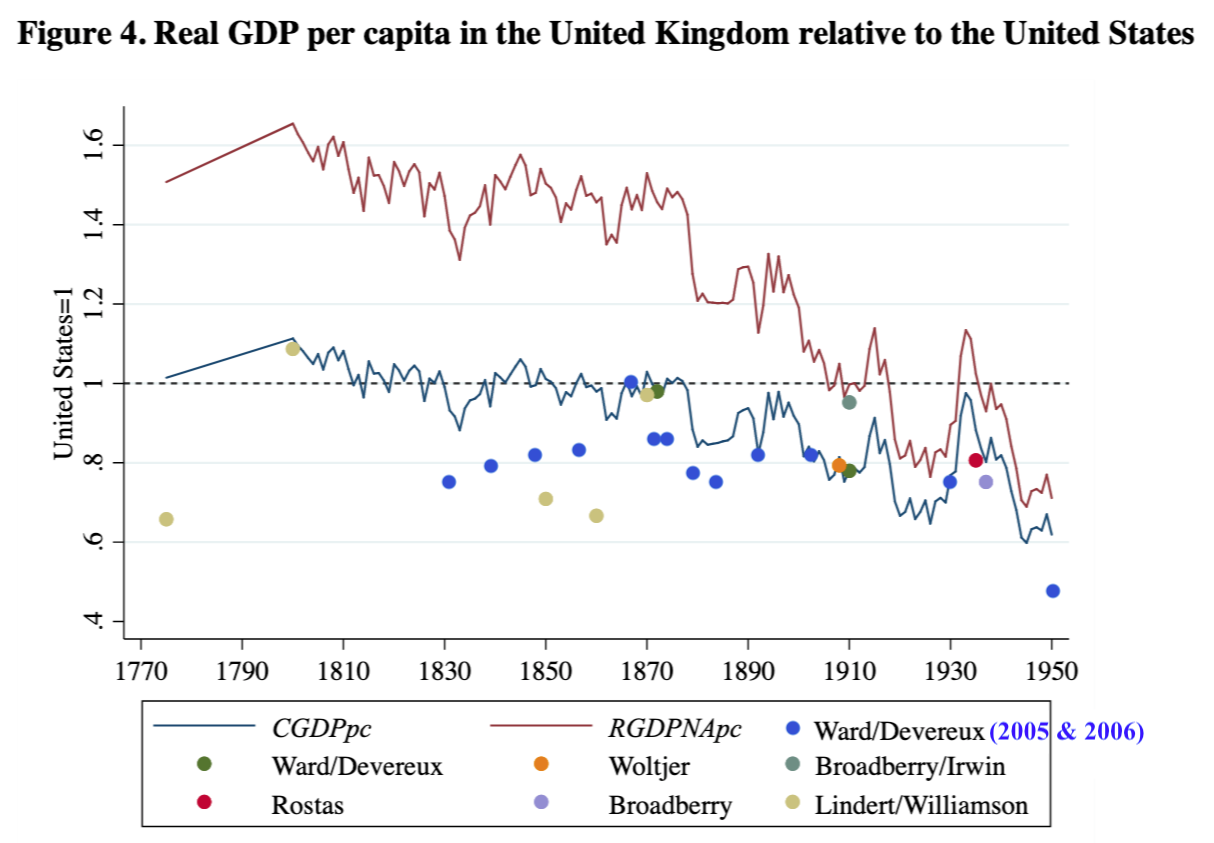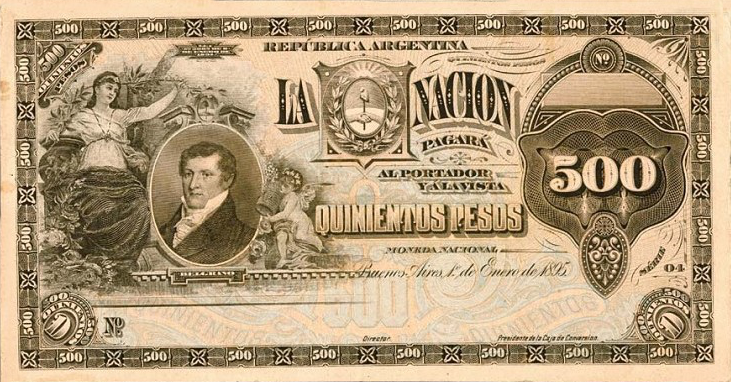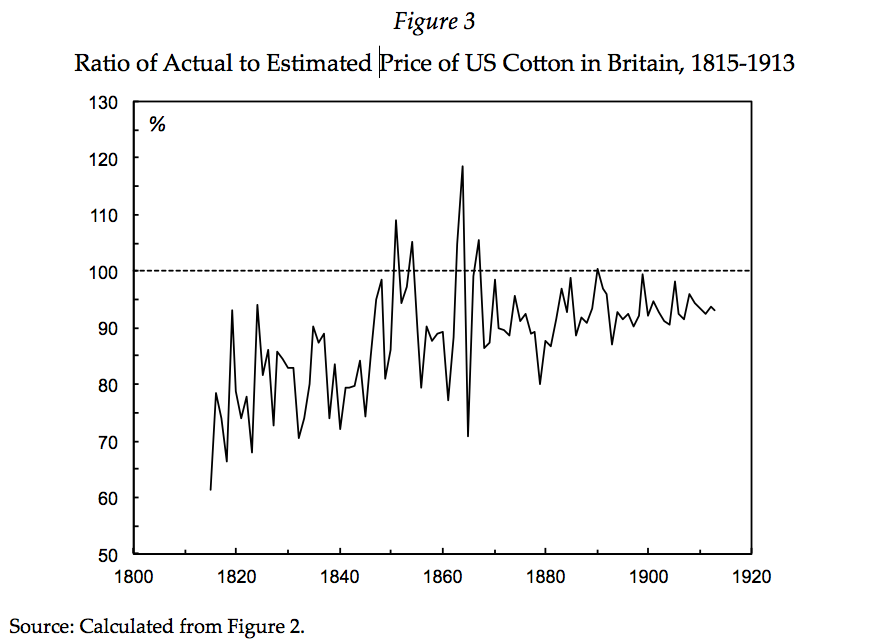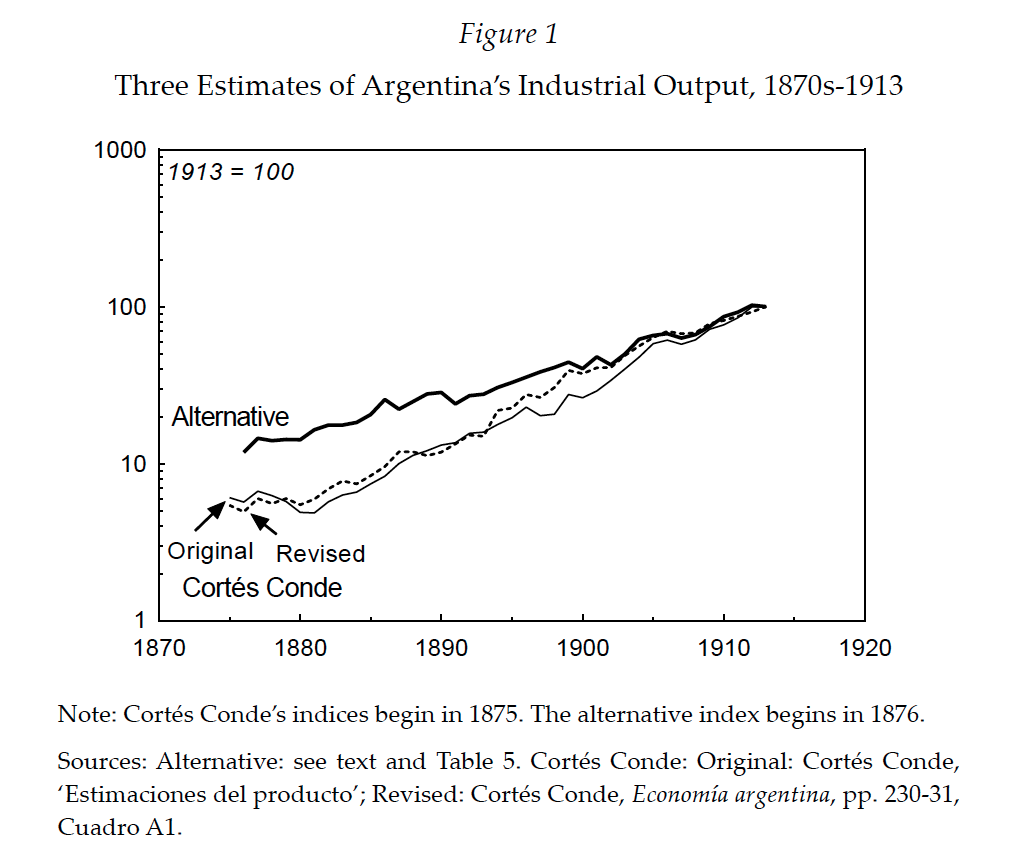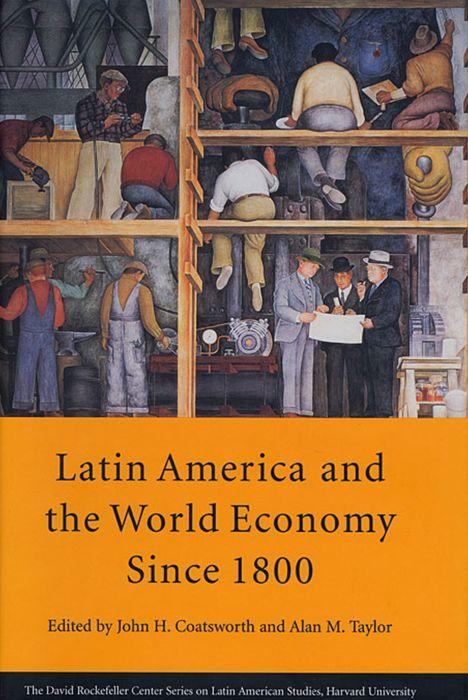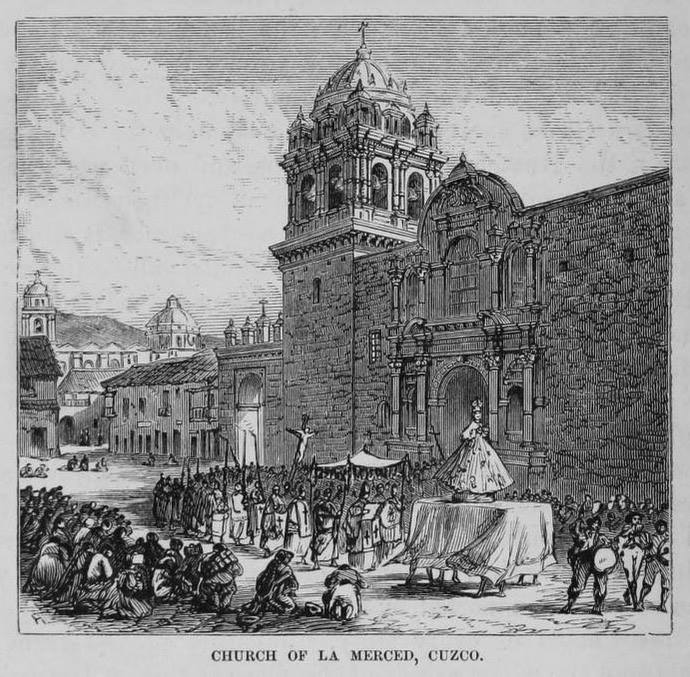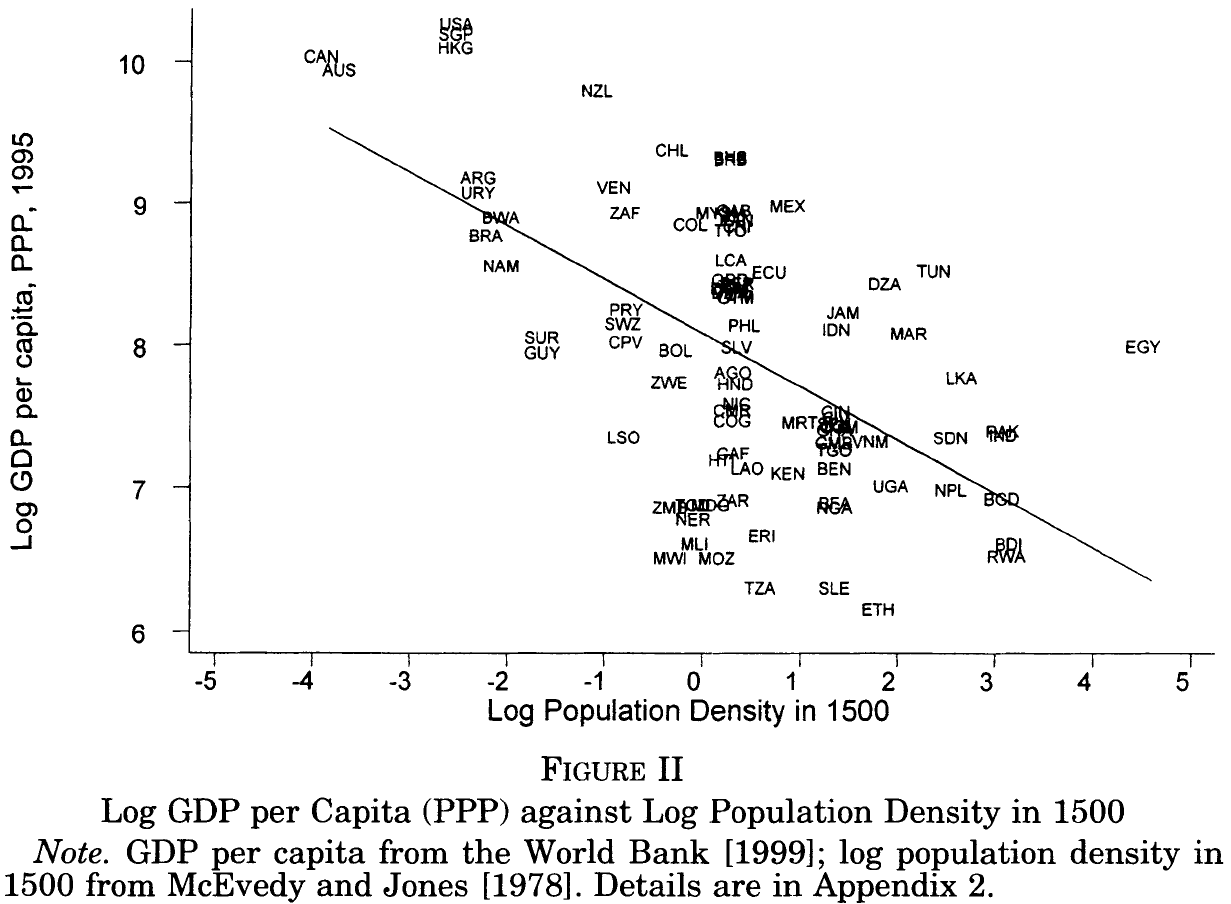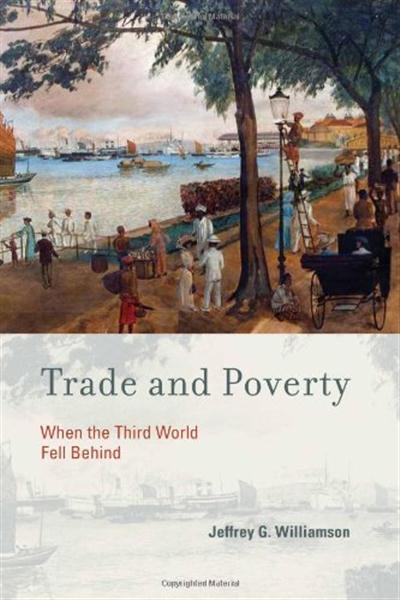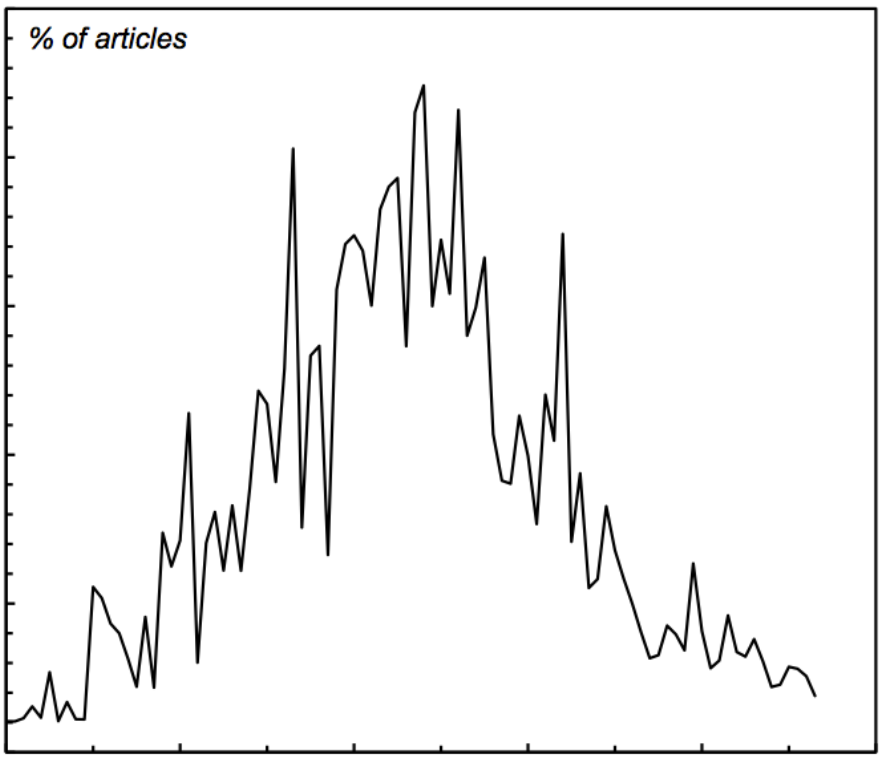Originally published at joefrancis.info Joe Francis In a new working paper I outline how slavery contributed to the development of the United States before the Civil War. The paper is called ‘King Cotton, the Munificent’ because I argue that slavery benefitted the free society of the North. In a nutshell, I argue that slaves were […]
Continue ReadingCotton and Slavery in Antebellum America
Originally published at joefrancis.info Joe Francis The dominant view among economic historians is that American slavery was an unnecessary evil: nothing good came of it for the development of the United States after independence. Even if some reluctantly accept that the boom in cotton production may have had some benefits for Antebellum America, they argue […]
Continue ReadingWithout Slavery in the United States, Would California Still Be in Mexico?
Originally published at joefrancis.info Joe Francis Unless you are Mexican, it is easy to forget that California was not always in the United States, having been a part of Mexico until the Mexican-American War of 1846-48, after which it was annexed. Slavery had much to do with the origins of that war, since white settlers […]
Continue ReadingThe Known Unknowns of Historical GDP Estimates
Originally published at joefrancis.info Joe Francis One of my favourite graphs in recent writing on economic history might seem obscure. Reproduced below, it is found on page 28 of the working paper underlying the latest update of the Maddison Project database of historical GDP estimates. It shows the various estimates of British GDP per capita […]
Continue ReadingArbitrage and Import Controls in Argentina during the 1950s
Originally published at joefrancis.info Joe Francis Following the Second World War, there was a worldwide dollar shortage due to the United States’ high level of self-sufficiency as an agro-industrial behemoth. Governments therefore imposed quantitative controls on imports, in order to ration the available supply of dollars. A study made in 1955 by John Hopkins, an […]
Continue ReadingProblems of the Periphery in Federico and Tena’s World Trade Data
Originally published at joefrancis.info Joe Francis Giovanni Federico and Antonio Tena-Junguito (2016) have produced a data set of world trade that includes exports and imports, in both current and constant prices, going back to the early nineteenth century for over 100 countries. It will give all economic historians a mass of easily available long-term time […]
Continue ReadingArgentina’s Industrial Output, 1876-1913
Originally published at joefrancis.info Joe Francis In a previous post I discussed a working paper in which I criticised Roberto Cortés Conde’s estimates of Argentina’s industrial output from 1875 to 1913. In a new version of that working paper I have taken the plunge by producing my own index for this period. It suggests a […]
Continue ReadingWas Argentina Really Better Off Than the United States in 1800?
Originally published at joefrancis.info Joe Francis When a prominent economic historian provides a new estimate of something, it is likely that the estimate will be taken at face value. Other economic historians will cite it, so it becomes reified, until it is treated as fact, even when it is little more than fancy. John Coatsworth’s […]
Continue ReadingWas the Spanish Empire Not So Bad After All?
Originally published at joefrancis.info Joe Francis Revising our assessment of the Spanish empire is in vogue among economic historians. Most notably, Regina Grafe and Alejandra Irigoin (2006; 2008) have sought to revise the nature of the empire’s political economy. Their goal is to refute those who claim that the wealth gap between Anglo and Latin […]
Continue ReadingThe ‘Reversal of Fortune’: Institutions or Globalisation?
Originally published at joefrancis.info Joe Francis Daron Acemoglu, Simon Johnson and James Robinson (AJR, 2002) famously argued that a ‘reversal of fortune’ had taken place among ex-European colonies. Generally speaking, they argued, those ex-colonies that had been richest in 1500 would become the poorest by the end of the twentieth century. This, they claimed, was […]
Continue ReadingIs the Penn World Table Credible?
Originally published at joefrancis.info Joe Francis Last year the eighth edition of the Penn World Table (PWT) was released to considerable fanfare – indeed, one commentator described it as ‘a special day for all researchers and practitioners of economics‘. Yet its series for Argentina raises more questions than it answers. PWT 8.0’s major innovation was […]
Continue ReadingJeffrey Williamson’s Terms of Trade
Originally published at joefrancis.info Joe Francis Jeffrey Williamson‘s (2011) book Trade and Poverty: When the Third World Fell Behind is one of the most interesting attempts to explain the ‘great divergence’ between rich and poor countries. It is a shame, then, that it is marred by his use of Mickey Mouse numbers. In simplified terms, Williamson argues that […]
Continue ReadingFrancis’ Updated Buy-to-Build Indicator
Joe Francis The tendency toward buying other companies more than building new productive capacity continues in the United States In a past life I had access to expensive databases of corporate statistics, which I used to calculate the buy-to-build indicator for the United States from the 1880s until 2012. In short, the buy-to-build indicator shows […]
Continue ReadingThe Rise and Fall of Debate in Economics
Joe Francis New data illustrate the extent to which economists have stopped discussing each other’s work. Once upon a time, economists regularly used to publicly criticise each other’s work in academic journals. But not any more. In Figure 1 I have illustrated the degree to which economists have stopped debating. The data have been culled […]
Continue Reading
